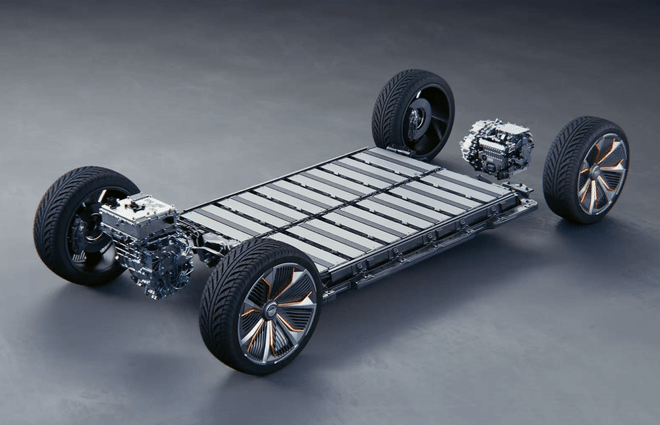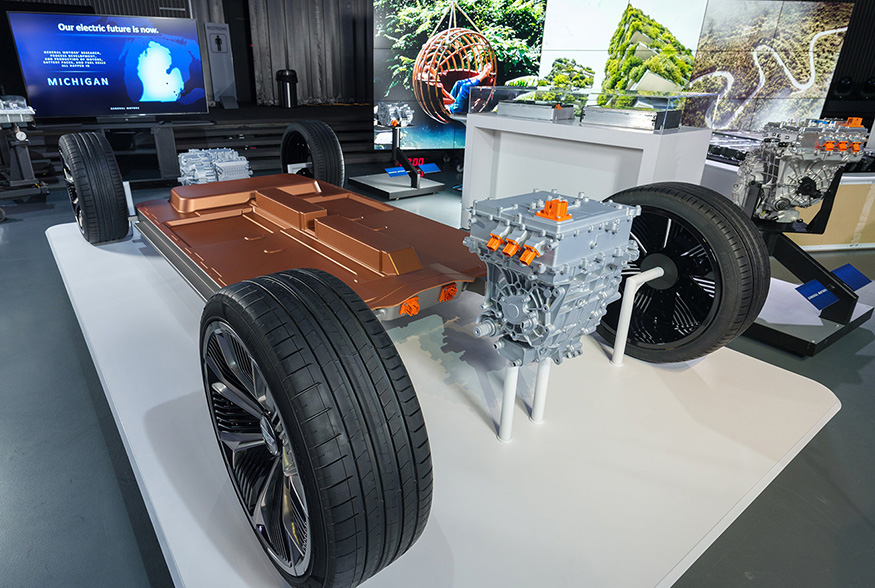GM is one of several automakers that had ambitious EV plans in the pipeline before the global health crisis hit. Now lockdowns are being lifted, but the outlook for the auto industry is bleak. Will GM’s EV programs fall victim to cost-cutting, as a planned Lincoln/Rivian collaboration already has?
Ken Morris, a 31-year GM veteran who was recently named Vice President for Electric and Autonomous Vehicles, says no. In a wide-ranging interview with Automobile (which is well worth reading in its entirety), he said that GM will be all-electric “sooner than people would think.”
Automobile asked Morris if pandemic-related shutdowns will put the brakes on GM’s electrification efforts. “For what you saw at EV Day [at which GM revealed plans for a dozen new EVs], we’re full speed ahead,” he answered. “We’re protecting these programs as much as we possibly can. Engineers [and] designers are working from home, but they’re going through extraordinary lengths to make sure that we’re maintaining the timing on the programs. My guess is when we’re able to come back to work and we’re able to get our hands on hardware and clay models and all those things, we may have to work harder, maybe put more resources on these programs to keep them on time. But there’s no slowdown, none.”


GM did indefinitely postpone the unveiling of the GMC Hummer EV and the electric Cadillac Lyriq crossover, but of course, the cancellation of these press events doesn’t mean that production will be delayed.
Automobile also asked Morris how the collapse of oil prices will affect GM’s EV sales. “The beauty of electric vehicles is [they are] largely independent of fuel prices, because there are a couple of things that are important,” said he. “One, we feel so strongly about electric vehicles because [GM’s] mission statement is zero crashes, zero emissions, and zero congestion. Electric vehicles are zero-emissions right out of the box. Two, you also talk about the driving experience and the ownership experience. You don’t have to go to the gas station at all. You can charge at home, you can charge at work, you can charge at the rapidly growing infrastructure that has charge stations around the country.”
The transition won’t happen overnight. “If you can sell a vehicle that doesn’t use any gas at all for the same price of a vehicle that does burn gas, you don’t have to do that math of, is it worth the payback or not? We’re not there yet. Today we’re getting much closer. The research does tell us that for now a customer will pay a select premium for an EV vehicle, but they’re not going to pay a big premium. And so, our job is to [get prices down as much as we can].”
“My hope and gut feel is that there’s going to be an inflection point in the mid-2020s where suddenly people are going to be buying [EVs] at a faster rate than anybody expects, just because the driving experience on these vehicles is fantastic,” Morris continued.
Source: Automobile via Electrek



















































